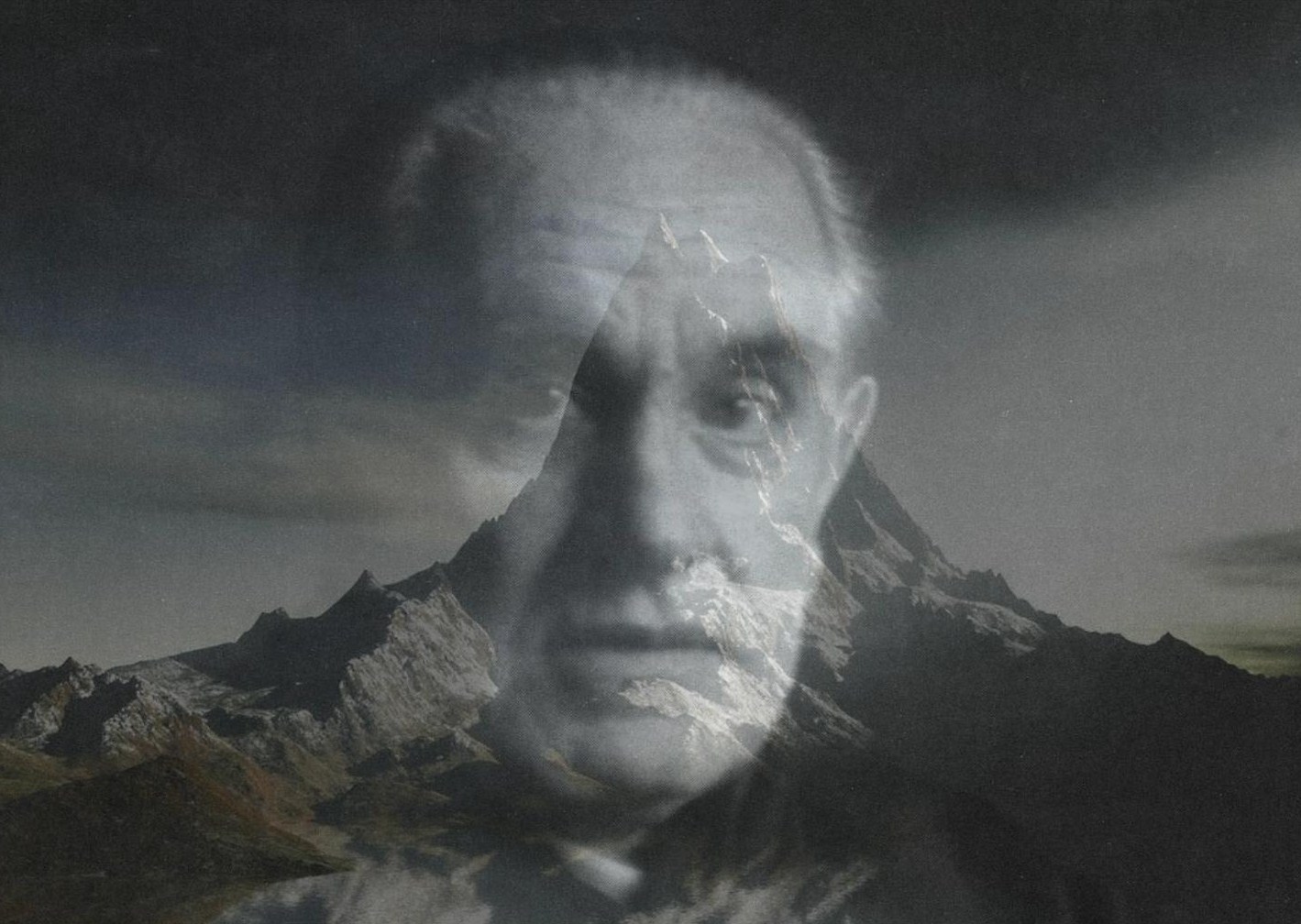On February 12, 2017, The New York Times published an article by Jason Horowitz, titled “Fascists Too Lax For a Philosopher Cited by Bannon.” I would like to briefly talk about that article; and this newly-created blog space is now the ideal venue in which to do that.
The article begins by providing some evidence to suggest that Stephen K. Bannon’s passing reference to the late Julius Evola, in a speech at a 2014 Vatican conference that he was invited to speak at, may have been a veiled dog whistle for his “alt-right” Breitbart audience (the “alt-right” helped get Trump elected).
Incidentally, the title of a recent Time magazine feature article (Feb. 13, 2017), asks the question: “Is Steve Bannon the Second Most Powerful Man in the World?”
Getting back to The Times article, Horowitz writes that Evola is regarded as “a leading proponent of Traditionalism, a worldview popular in far-right and alternative religious circles that believes progress and equality are poisonous illusions.”
In the article, Horowitz further states that according to Prof. Richard Drake, of the University of Montana (who wrote about Evola in his book The Revolutionary Mystique and Terrorism in Contemporary Italy), “Evola’s ideal order was based on ‘hierarchy, caste, monarchy, race, myth, religion and ritual.’ ” It’s almost hard to imagine anything more completely the opposite of what I believe in. But wait, it gets worse.
“Evola eventually broke with Mussolini and the Italian Fascists because he considered them overly tame and corrupted by compromise,” Horowitz writes, in an excerpt that explains how the article gets its title. “Instead he preferred the Nazi SS officers, seeing in them something closer to a mythic ideal. They also shared his anti-Semitism.”

